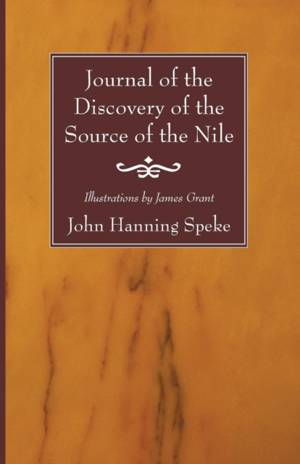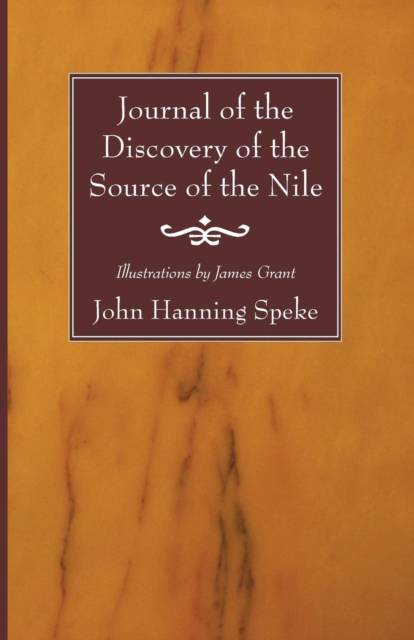
Bedankt voor het vertrouwen het afgelopen jaar! Om jou te bedanken bieden we GRATIS verzending (in België) aan op alles gedurende de hele maand januari.
- Afhalen na 1 uur in een winkel met voorraad
- In januari gratis thuislevering in België
- Ruim aanbod met 7 miljoen producten
Bedankt voor het vertrouwen het afgelopen jaar! Om jou te bedanken bieden we GRATIS verzending (in België) aan op alles gedurende de hele maand januari.
- Afhalen na 1 uur in een winkel met voorraad
- In januari gratis thuislevering in België
- Ruim aanbod met 7 miljoen producten
Zoeken
€ 76,45
+ 152 punten
Uitvoering
Omschrijving
This classic book is Speke's firsthand account of his second expedition, an exciting blend of adventure, exploration, and geographic and ethnographic data. The book begins with the expedition's preparations, departure from London, and arrival at Zanzibar in 1859. They then undertake the hazardous march into the interior, encountering hostile tribes, dangerous animals, thieves, and other difficulties, arriving eventually at the palace of King Mtesa in Uganda. Speke paints a vivid portrait of life at the court of this willful and arbitrary ruler who had his subjects executed for the most trifling offenses. Eventually the party moved on, reached the Nile, and ascended the river to its source at Lake Victoria Nyanza. Speke marked the river's exit from the lake at a place he named Ripon Falls. After many further adventures, Speke and Grant arrived at Gondokoro where Speke found a letter informing him that he had been awarded a medal by the Royal Geographical Society for his original (1858) discovery of Lake Victoria Nyanza. While Speke's narrative offers a vivid account of the many hardships faced and overcome in the course of the journey, it also provides a wealth of information on African flora and fauna, indigenous peoples, local politics and customs, scenery, geology, and much more. Enhanced with a map and over 70 illustrations, the 'Journal' will appeal to any reader who enjoys firsthand accounts by the great explorers of adventures and accomplishments in far-off lands. Born in England in 1827, John Hanning Speke ranks among the great nineteenth-century explorers of Africa. He is credited with the 1858 discovery of Lake Victoria in East Africa, one of the long-sought sources of the Nile. Because his claim was at first disputed, he undertook another expedition, with Captain James Grant, to confirm his original conclusion.
Specificaties
Betrokkenen
- Auteur(s):
- Illustrator(s):
- Uitgeverij:
Inhoud
- Aantal bladzijden:
- 590
- Taal:
- Engels
Eigenschappen
- Productcode (EAN):
- 9781556351914
- Verschijningsdatum:
- 16/01/2007
- Uitvoering:
- Paperback
- Formaat:
- Trade paperback (VS)
- Afmetingen:
- 148 mm x 221 mm
- Gewicht:
- 703 g

Alleen bij Standaard Boekhandel
+ 152 punten op je klantenkaart van Standaard Boekhandel
Beoordelingen
We publiceren alleen reviews die voldoen aan de voorwaarden voor reviews. Bekijk onze voorwaarden voor reviews.








